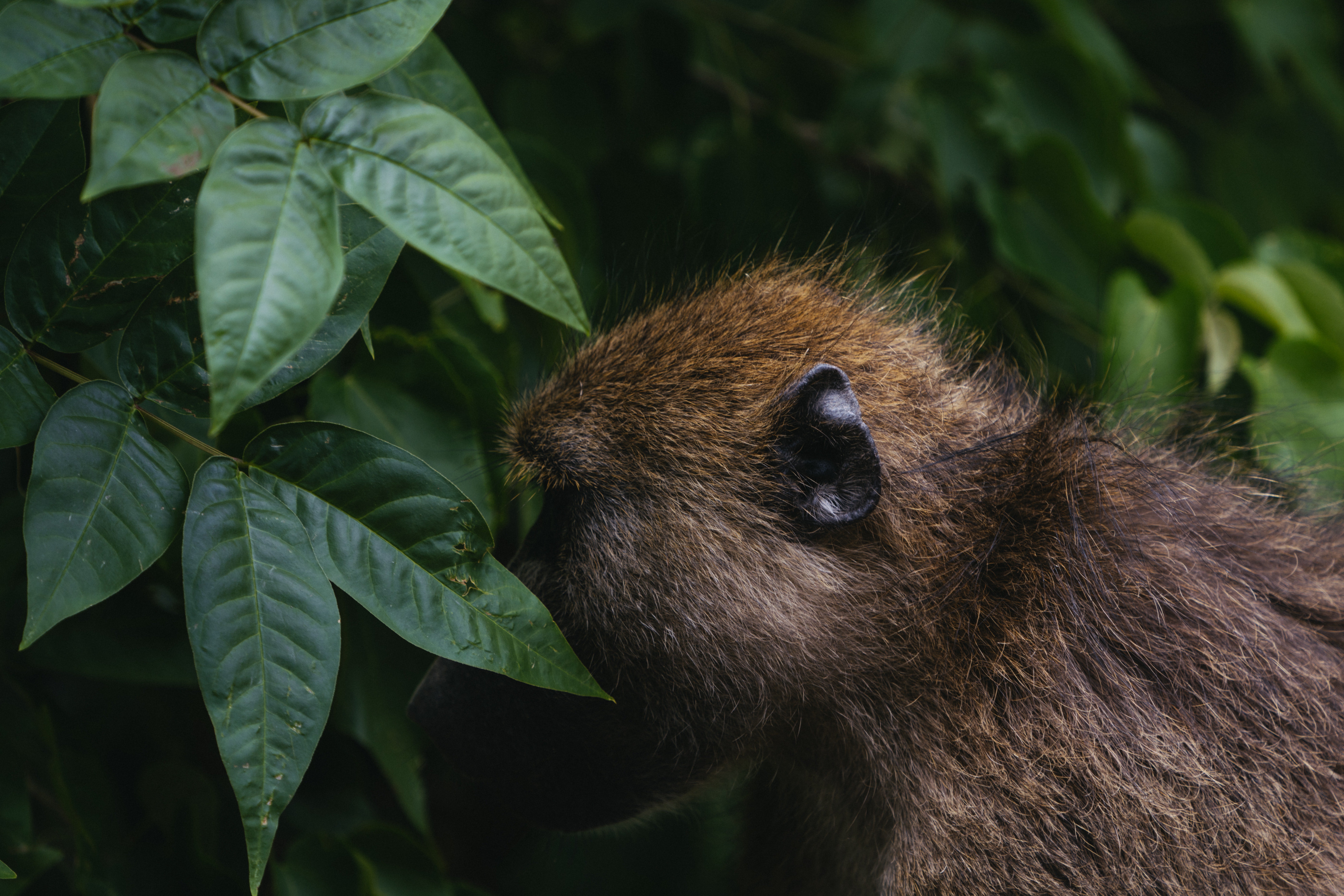Botswana’s government to take action on rampant deforestation
Amidst a spike in illegal tree-cutting, Ministries cite habitat loss and other threats to biodiversity

Your support helps us to tell the story
From reproductive rights to climate change to Big Tech, The Independent is on the ground when the story is developing. Whether it's investigating the financials of Elon Musk's pro-Trump PAC or producing our latest documentary, 'The A Word', which shines a light on the American women fighting for reproductive rights, we know how important it is to parse out the facts from the messaging.
At such a critical moment in US history, we need reporters on the ground. Your donation allows us to keep sending journalists to speak to both sides of the story.
The Independent is trusted by Americans across the entire political spectrum. And unlike many other quality news outlets, we choose not to lock Americans out of our reporting and analysis with paywalls. We believe quality journalism should be available to everyone, paid for by those who can afford it.
Your support makes all the difference.By Keletso Thobega for Botswana Guardian
Botswana’s government wants to take stringent measures to deter the cutting of trees across the country, as the protection of forests is a key priority in conservation efforts.
This week the Government released a statement expressing concern over excessive tree cutting and felling of live trees, particularly without permits. The statement reiterated that this is “detrimental to the environment and a direct cause of land degradation.”
The statement also noted that those who want to cut trees for whatever purposes, especially fuelwood, should take the proper channels and apply for permits, in accordance with the
Agricultural Resource Conservation Regulation (Statutory Instrument No. 8 of 2006), for the utilisation of veldt products.
However, in 2021, the government made a stipulation that one does not need a permit to cut 1,000 kilograms (one tonne) of wood, and that anything above that requires a permit.
There has been a recent increase in incidents of tree cutting in many communities for selling firewood and also for domestic purposes.
A source who did not want to be named, and has been entangled in the tree cutting business explained: “For many, it is a business because wood is in demand, especially as we approach winter.
“It is a means to make a bit of money considering the tough economic conditions we are living under. For some, it is an alternative because they cannot afford gas and electricity for domestic use.
“What the government could do is also encourage a tree planting culture, or release permits but limit them to make considerations for people. The threat of deforestation emanates when there is poor management in key areas.”
Assistant Minister of Rural Development, Setlhabelo Modukanenele, reiterated during Wildlife Day commemorations in Letlhakeng last month, that Botswana is facing threats to its biodiversity that require re-aligning conservation approaches, and also engaging law enforcement to create a culture of accountability. The commemoration was held under the theme ‘Recovering Key Species for Ecosystem Restoration.’
Modukanele said that the challenges to wildlife conservation include deforestation, poaching, and increased human-wildlife conflict.
He said it is important to explore options that would lead to the protection of animals, particularly rhinos, elephants, and pangolins – which are faced with possible extinction.
“People in Botswana should be taught to appreciate the critical role that keystone species of animals and plants contribute to a balanced and healthy ecosystem that will allow for humanity and animals to thrive, and for the country to generate an economic boost from the ecotourism sector bolstered by the country’s richly diverse forms of wild animals and forests.”
The Ministry of Environment, Natural Resources and Conservation has reiterated that the continued culture of deforestation would not only lead to loss of biodiversity by affecting animals’ habitat, but also increase predation, reduced food availability for animals, and possible extinction of some wild animals.
According to the Department of Forestry, nearly 40 per cent of Botswana is devoted to protected wildlife management, in line with the United Nations Sustainable Development Goal 15, it is important for Government and other key stakeholders, including communities, to halve deforestation, restore degraded forests, and increase afforestation.
Modukanele noted that sustainable use of wildlife resources by communities across the country is critical. This is also an issue of contention that Botswana and other southern African countries want to present to the Convention on International Trade in Endangered Species (CITES), slated for November 2022 in Panama,
This article is reproduced here as part of the African Conservation Journalism Programme, funded in Angola, Botswana, Mozambique, and Zimbabwe by USAID’s VukaNow: Activity. Implemented by the international conservation organisation Space for Giants, it aims to expand the reach of conservation and environmental journalism in Africa, and bring more African voices into the international. Read the original story here.
Join our commenting forum
Join thought-provoking conversations, follow other Independent readers and see their replies
Comments